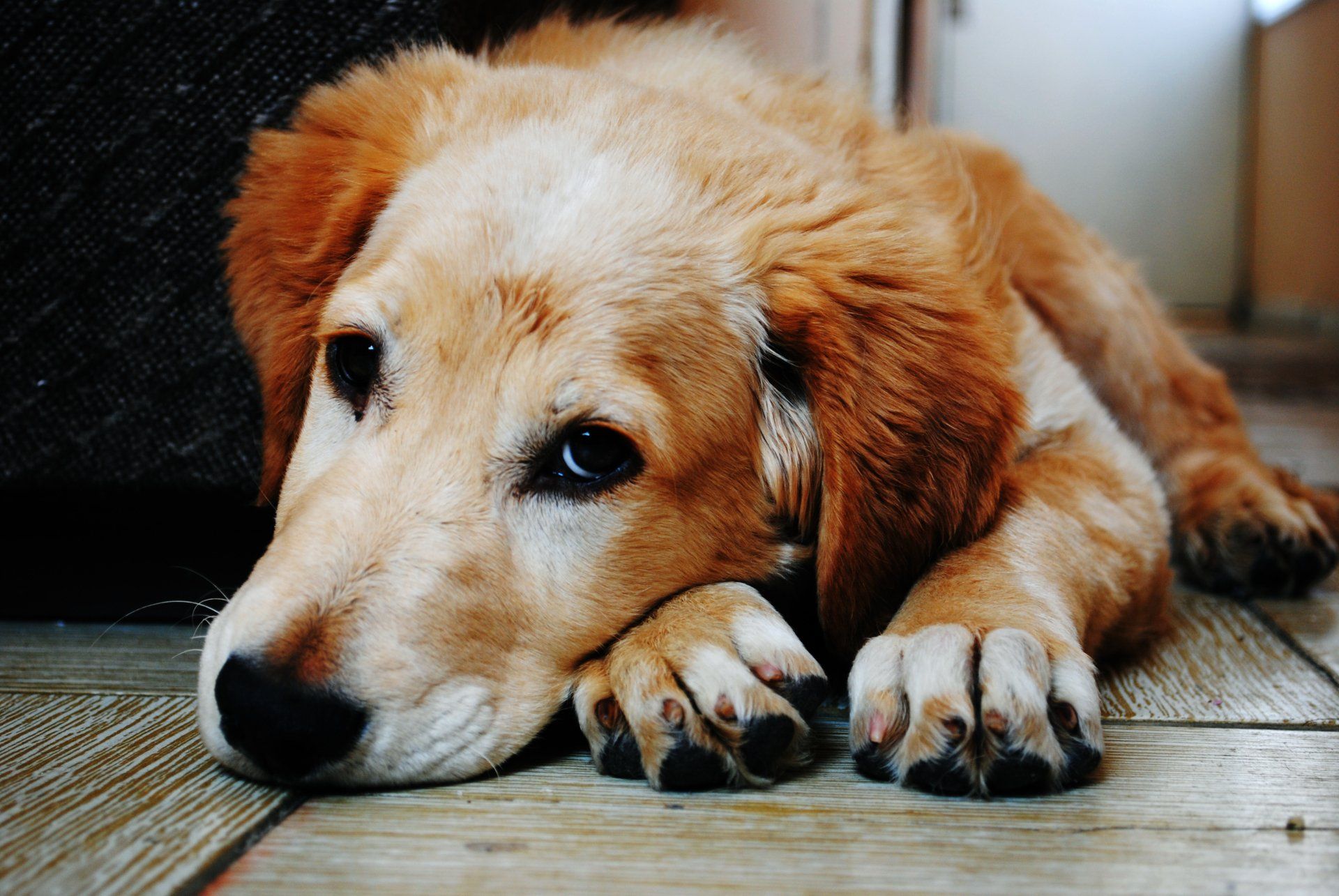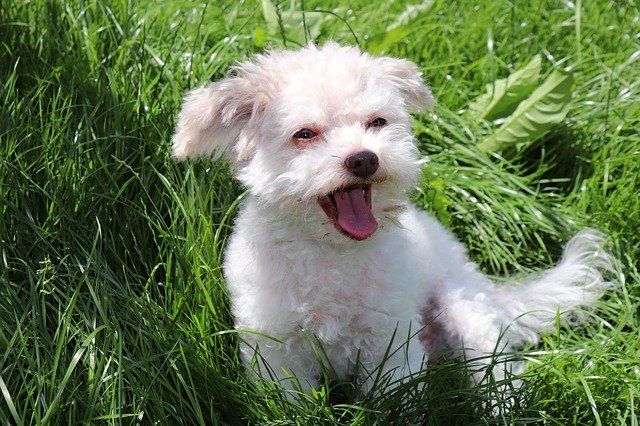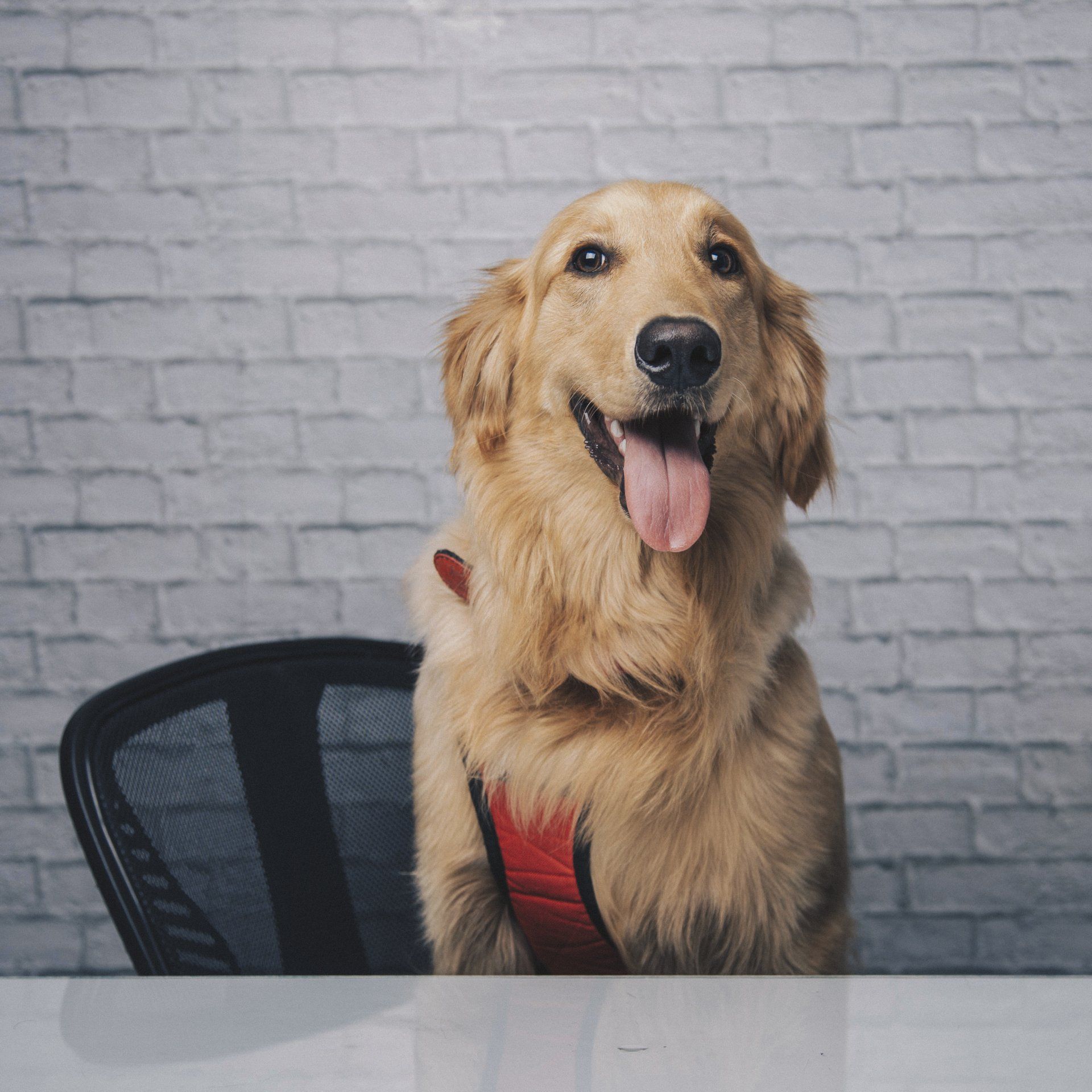Recovering from a Vestibular Episode

Many agility dogs can recover from a vestibular episode and return to competing in agility trials. Vestibular episodes in dogs, often referred to as canine vestibular syndrome or "old dog vestibular syndrome," can be quite distressing but are often temporary and treatable. Here's some information to consider:
1. Nature of Vestibular Episodes: Vestibular episodes can manifest with symptoms such as loss of balance, head tilting, rapid eye movement (nystagmus), and difficulty walking or standing. These symptoms can be caused by various factors, including inner ear infections, toxins, or even idiopathic (unknown) reasons.New Paragraph

2. Recovery Time: The recovery time for a dog after a vestibular episode can vary depending on the underlying cause and the severity of the episode. Some dogs may recover within a few days to weeks, while others may take longer.
3. Treatment: Treatment for vestibular episodes typically involves addressing the underlying cause if it's known. For example, if it's due to an ear infection, antibiotics may be prescribed. Supportive care, such as providing a quiet and safe environment, offering assistance with mobility, and managing nausea, can also aid in recovery.

4. Physical Rehabilitation: Physical rehabilitation and exercises can be beneficial in helping dogs regain their balance, strength, and coordination. Working with a veterinarian or canine physical therapist can be crucial for a successful recovery.
5. Gradual Return to Activity: It's important to introduce agility activities gradually once the dog starts showing signs of improvement. Rushing back into intense physical activity too soon may hinder recovery or cause relapses.


6. Consultation with Veterinarian: Before returning a dog to agility competitions, it's essential to consult with a veterinarian. They can assess the dog's overall health and provide guidance on when it's safe to resume agility training and competing.
7. Age and Individual Factors: The age and overall health of the dog play a role in the recovery process. Younger, healthier dogs may bounce back more quickly, while older dogs or those with underlying health issues may require more time and care.
In summary, while a vestibular episode can be a concerning experience for both the dog and their owner, many agility dogs can recover and return to competition with the right care and support. It's essential to work closely with a veterinarian to determine the cause, develop a treatment plan, and ensure a safe and gradual return to agility activities. Each dog's situation is unique, so the timeline for recovery may vary, but many dogs do regain their agility and zest for competition with proper care.